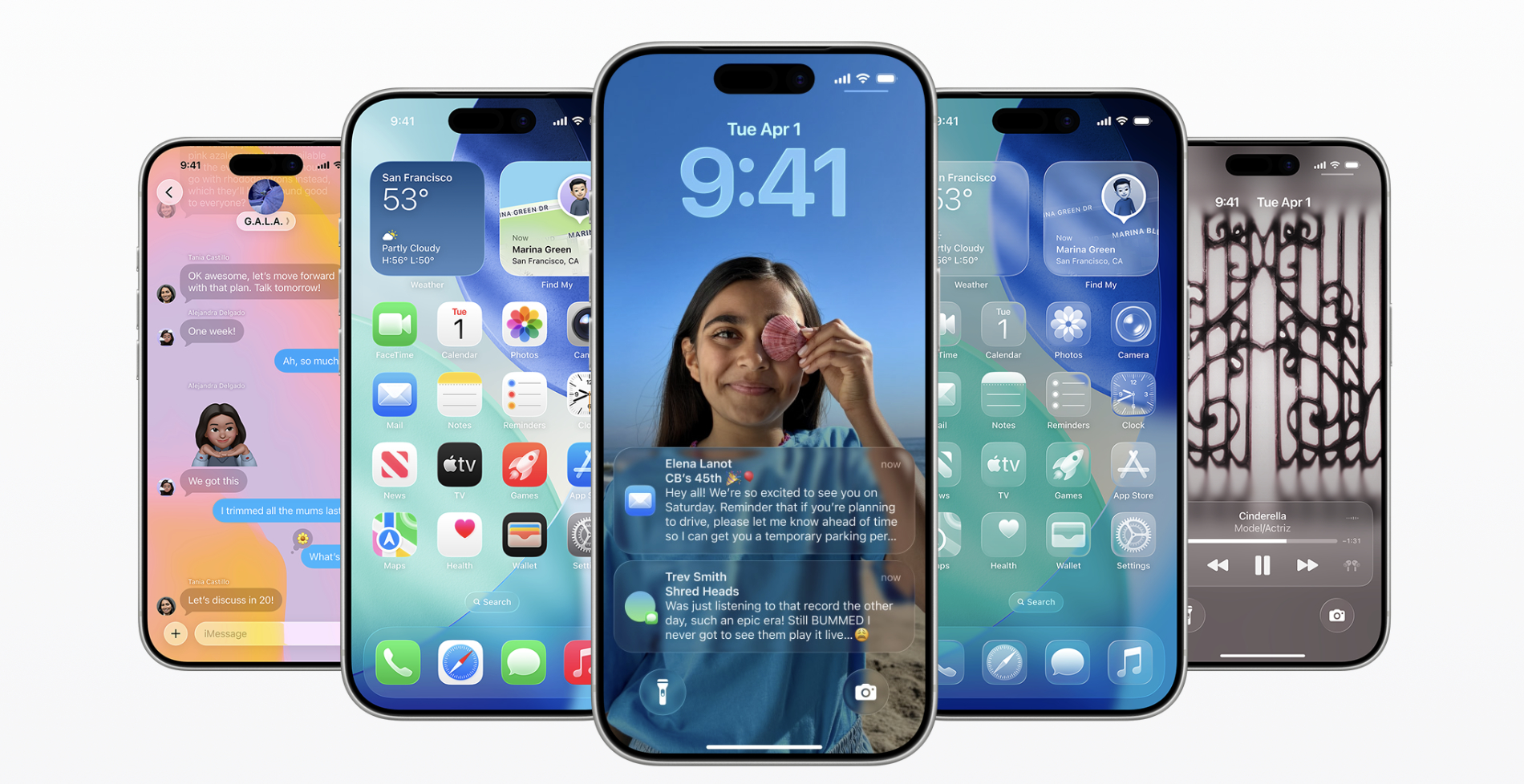
Can AI help you tell your story? That’s the idea behind a startup called Autobiographer, which leverages AI technology to engage users in meaningful conversations about the events in their lives and how they felt about them, and then turns those into prose, effectively creating your own autobiography.
The startup is dabbling in an area that’s been fraught with debate — many people have rebelled against the idea that AI could replace art, writing and other creative endeavors. But in Autobiographer’s case, the AI guides the user to tell their own story, in their own words, then organizes that into output that can be exported as a PDF, and perhaps, one day, bound and printed as well. In other words, it works more as a collaborator rather than the sole creator.
The app may not replace professionally handwritten stories, but it could serve as a way to document family history or a friendship, or create a keepsake for your children.
Autobiographer co-founder and CEO Matt Bowman sees the app as a way to leave behind a narrative for his godchildren. Before working at Facebook in the Bay Area, Bowman previously served in the Army Special Forces, where he was deployed to Iraq and Afghanistan. As a result, he’s lived through losses that have shaped his worldview.
“I have a bunch of great stories about my friends in the military — so many funny events, so many unique and amazing events — a lot of which we heard at the funerals for some of my best friends. Now it’s my job to figure out how to synthesize those and give them to my godchildren,” Bowman says. He wants them to be able to find out more about their dad, his life in the military and what he was like as a person.
“The technology has now come to a place where it’s possible to do this,” Bowman explains. “We can actually tell these stories, speak them verbally and then turn them into beautiful keepsakes that we can provide to those around us.”
Bowman teamed up with James Barnes, who had also worked at Facebook through the 2016 and 2018 elections, where he was notably one of the first people to notice the issues with the data harvesting scandal Cambridge Analytica — an event that led to his involvement in several subsequent depositions and subpoenas. He later left Facebook to start a Super PAC to fight Trump. As he was playing around with OpenAI’s GPT-3, he found that artificial intelligence could help him process the things he had been through in his own life, including these milestones.
“Artificial intelligence had this incredible reflective capacity to see myself, my story and my events,” Barnes says.
While Barnes and Bowman didn’t overlap at Facebook, they met up last year in San Francisco, as Barnes was seeking someone with military expertise to help the team (which also includes co-founders Luke Schoenfelder and Ivan Almaral) experiment with this idea of using AI for storytelling. The two bonded over their shared goals and other experiences, including their interest in psychedelic medicine.
“Exploring consciousness was a key point of connection for us,” explains Barnes. “As we work on these really tangible things, we’re also able to think about the capacity of our platform to allow people to introspect and to do more abstract, personal work,” he says.

To use the app, you engage in conversations with an AI agent, built on Anthropic technology, that prompts you to tell a story. For instance, the initial prompt may ask you to tell a story about an adventure you had, reminding you there’s no right or wrong answer. You can start speaking, pause and resume recording, or move on to another question, if you prefer.
The memories are stored in a vault, a biometrically protected, encrypted space that even Autobiographer staff can’t access.
“One of the most important values as James, Luke, Ivan and I came together, was the obvious understanding that no one’s going to tell their cherished memories or their very emotionally sensitive stories to something that is advertised — or that a bunch of engineers can see on the back end,” says Bowman.
The app lets you revisit topics, explore your memories and then ultimately turn them into different types of prose — like a short story or a gratitude letter for a loved one. For now, these are exported as PDFs, but the team would like to offer a printed book at some point.
Autobiographer costs $199 per year — cheaper than a ghostwriter, certainly, but also expensive enough to discourage some.
The company has now also partnered with journalist Katie Couric, who will serve as a promotional partner for the startup. Her role is still being defined, however.
The company behind Autobiographer was founded three and half years ago, but has undergone several pivots. The most recent version of the app, launching today, was started a year ago.
Autobiographer is backed by $4 million in pre-seed funding from various firms.






